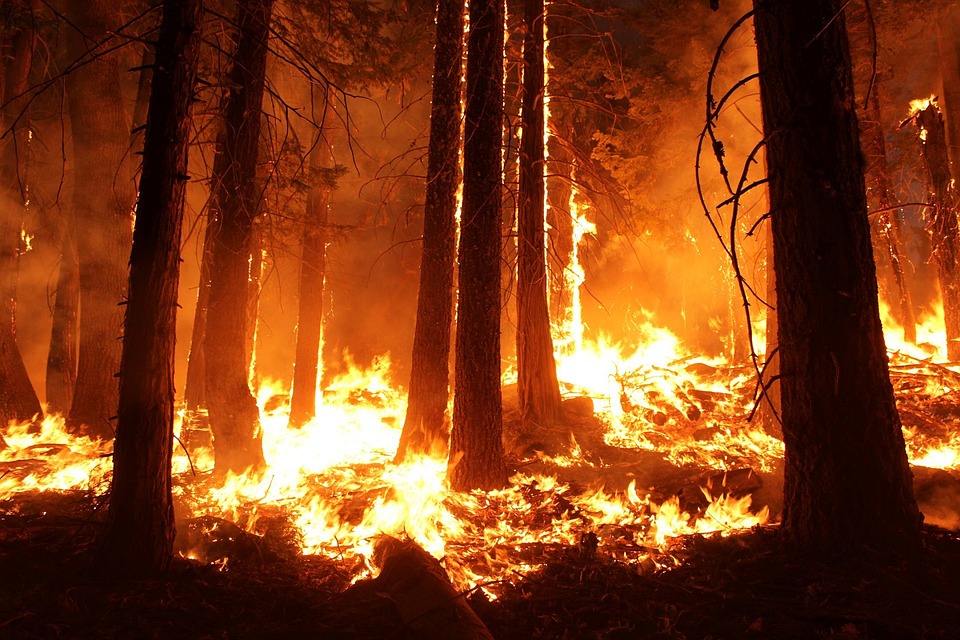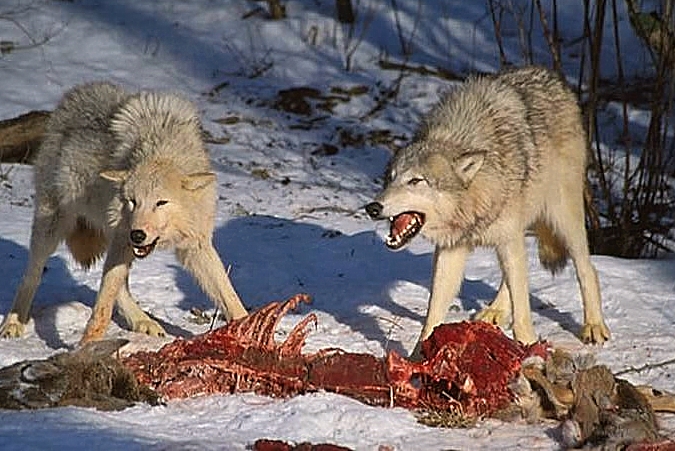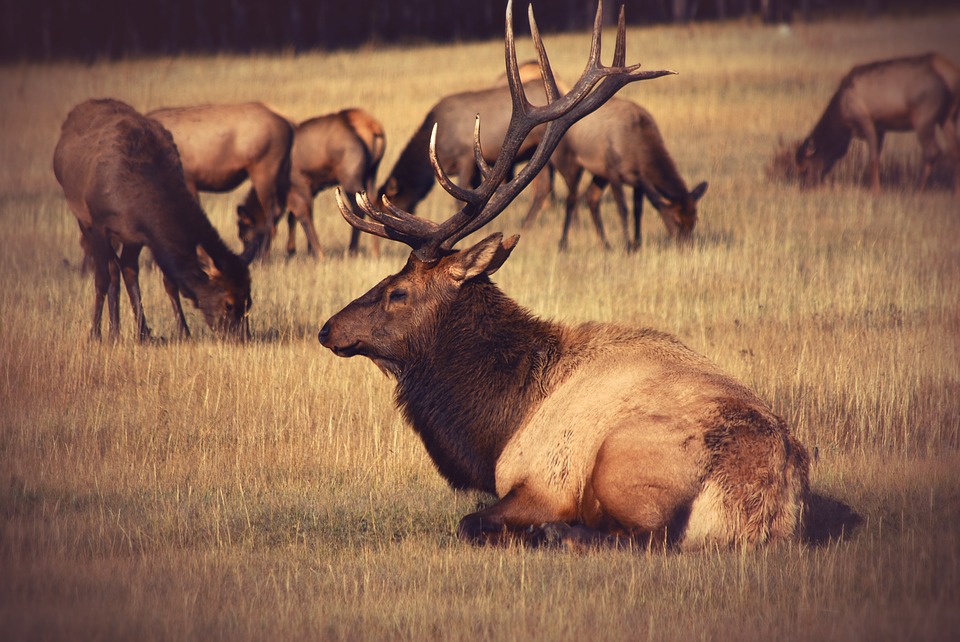Douglas County development uses cattle to lower fire danger around homes
Ranchers use rotational grazing to shift the cattle around different pastures surrounding the development.
Marc Sallinger
9 NEWS
DOUGLAS COUNTY, Colo. — As new housing developments in Colorado expand, many find themselves living in areas next to open space with high fire danger. One development in Douglas County is using the animals who’ve grazed the land for hundreds of years to their advantage.
“They’re very important. Cattle are a very important part of Sterling,” said Harold Smethills, Owner and Developer of Sterling Ranch. “We intend to have cattle on Sterling Ranch as long as we have Sterling Ranch.”
At Sterling Ranch in Douglas County, the cows are part of the plan as the development expands to several thousand homes.
Matt Clough is the ranch manager there. His cows are part of the development’s goal to keep fire danger low.
“We can move our cattle from pasture to pasture, based on growth. It’s just a perfect situation for everybody,” said Clough. “If there’s no undergrowth of grass, you have no fire danger. If you manage it right, if you manage the grazing right, you should have no problem with fire.”
The cattle rotate from pasture to pasture around the development, eating the grass and fertilizing the fields around the homes. Smethills says it’s a natural way to reduce fire danger as Colorado expands.
“They’re part of our overall fire protection program,” said Smethills. “It’s when you get bunches of grass that’s laid there for years that you can have tremendous fire damage. With our cattle, you don’t have that.”
At certain points in the year, the ranchers will take the cows on cattle drives through the subdivisions and neighborhood streets to get them to different parts of the development. They say the people who live nearby also help protect the cows by keeping predators like mountain lions away.
“Part of our sustainability is integrating urban living with nature,” said Smethills.
With new calves and new people moving in, the cattle will be hard at work eating and keeping fire danger low.





Yep.
Graze it all.
Then fire chances go down to bout 0%.
Look at the houses the insurance companies will not have to end up buying.